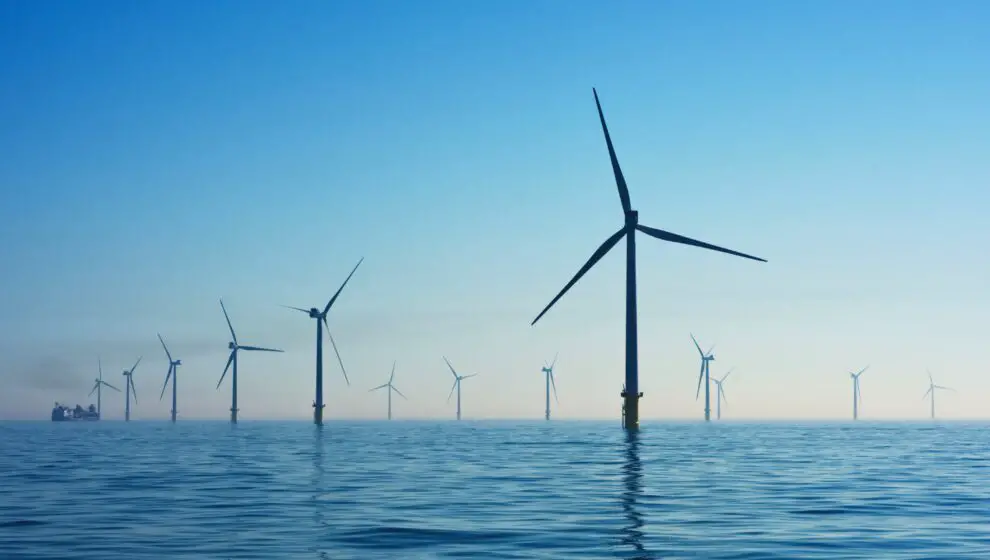One of the largest energy companies in Europe says that wind turbine issues will cost the company $2.4 billion this year.
Key Details
- Siemens Energy announced on Monday, during its third-quarter earnings report, that quality issues with its wind power unit will result in a 2.2 billion euro loss for the company this year.
- Failures with wind power subsidiary Siemens Gamesa will reportedly drag on for years due to quality defects and high startup costs for new systems.
- The issues are forcing the company to slow its rollout of new products, saying it is moving too fast.
- The bad news offset otherwise good news from the company—posting strong orders and revenue and an order backlog of nearly $120 billion in the last quarter.
- Siemens Energy AG shares have declined 6.1% in valuation since the market opened.
Why It’s Important
Energy companies are largely responding to an urgency in the market. The UN has pushed for a global goal of eliminating carbon emissions by 2050—within the next three decades—which is creating a race for global infrastructure, transportation, and energy generation to move away from coal, oil, and gas and move toward clean energy—preferentially wind power and solar power.
Siemens Energy has seen tremendous growth in orders and interest in its wind power subsidiary, but the rollout has moved too quickly and resulted in poor products and high costs. The company is reportedly shifting its focus to fewer products and more specific targeted regions to develop a more detailed and deliberate approach, CNBC reports.
Siemens has already begun a strategy review of its wind development subsidiary. The company’s push toward greater profitability in the aftermath of the company losing a third of its stock value this summer could push a slowdown in the global energy race, contributing to an ongoing issue of wind power installation delays—with global installation rates down 32% since 2020, Reuters notes.
Notable Quote
“The quality problems really result from the past, but I think we have too fast rolled out platforms into the market,” says CEO Christian Bruch. “I still believe the market itself, and you see that with the 7.5 billion orders we’ve got in the wind business this quarter, is a very interesting growth market. However, obviously, it has to be set up in a way that you can run a profitable business, and obviously, making sure that we slow down this fast rollout of new products is a key element in this.”
